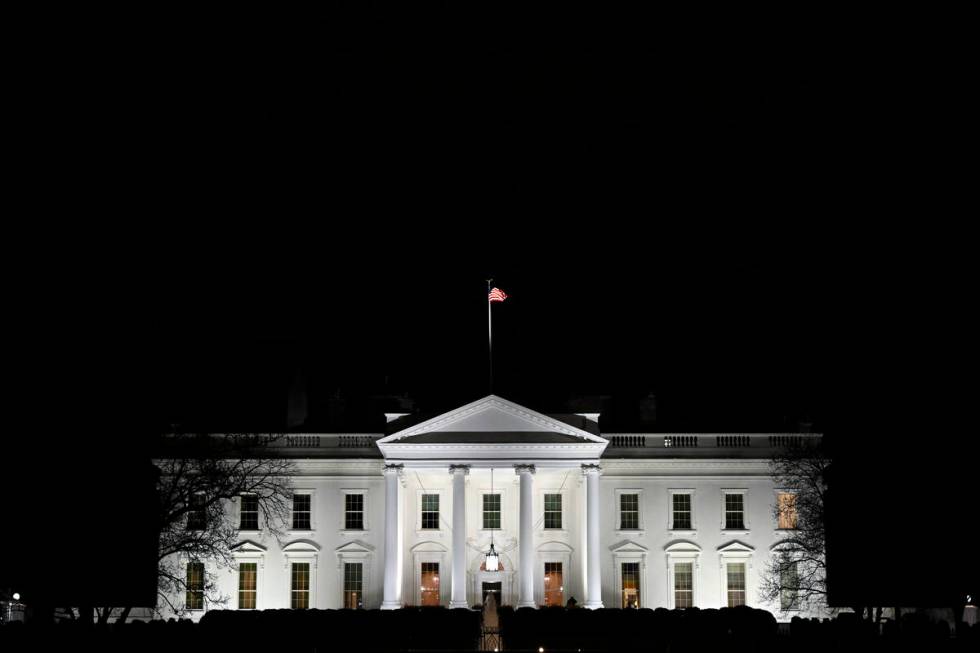EDITORIAL: Keeping government out of the censorship business

Irony alert: A judge last week ruled that the Harris-Biden administration’s erstwhile “misinformation czar” was herself dealing in misinformation.
The case involved Nina Jankowicz, whom the White House appointed in 2022 to lead the Orwellian-themed Disinformation Governance Board. Its stated purpose was to provide advice to government agencies about “misinformation” on the internet that could threaten national security. But critics on both the left and the right understandably worried about the constitutional ramifications of a federal panel tasked with defining disinformation and policing speech.
Amid the backlash, the board was disbanded just four months after its inception.
Ms. Jankowicz, however, didn’t go quietly. She filed a defamation suit against Fox News, accusing the broadcast outlet of, among other transgressions, building “a narrative calculated to lead consumers to believe that Jankowicz intended to censor Americans’ speech.”
Her lawsuit, however, didn’t last much longer than the board she was tapped to oversee.
U.S. District Court Judge Colm F. Connelly on July 22 tossed the action altogether, ruling that much of the speech to which Ms. Jankowicz objected was either protected opinion or essentially true.
“For many if not most American citizens the identification of their speech as ‘misinformation,’ ‘disinformation’ or ‘malinformation’ by a government entity authorized to ‘coordinate’ with the ‘private sector’ regarding that labeling would be viewed as an effort to discourage people from engaging in that speech,” the judge wrote.
He continued: “That objective is fairly characterized as a form of censorship.”
The problem, of course, is that the concept of “misinformation” has ballooned well beyond verifiably false statements and become mired in disputes over opinions and interpretations of facts. This should be beyond the realm of government authorities in a free society.
“It is difficult to see how assessments of which acts of communication are misleading could ever be unbiased,” wrote Dan Williams this year on the philosophy website Conspicuous Cognition. “Unlike the identification of clear-cut examples of misinformation, determining which content is misleading — problematically selective, stripped of relevant context and so on — seems highly vulnerable to the kinds of biases, prejudices and partiality that constitute ineradicable features of human cognition.”
In the end, the nation owes a debt of gratitude to Ms. Jankowicz. She unwittingly highlighted the perils of arrogant government agents serving as arbiters of “the truth” for the less-enlightened masses.